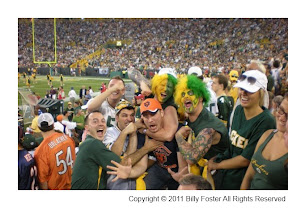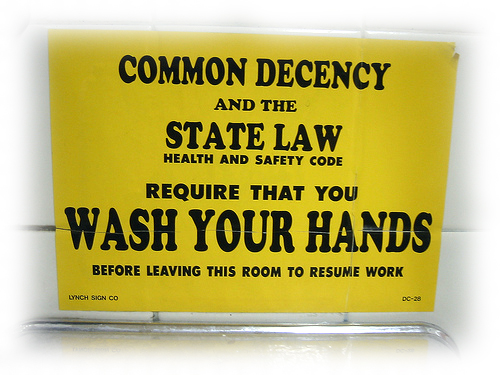Posts Tagged ‘complements’
In the spring of 2011, Ray Lewis made the prediction that crime would increase if the NFL lockout prevents the football season from occurring. For some people, like the kids mentioned in his statement, football is a substitute for causing trouble. Ray Lewis (and subsequently LaVar Arrington) left out half the story. A group exists that causes crime because of football. Examples include football drunks and overly aggressive fans (e.g. the baseball incident in May 2011).  Without football, the first group will cause more crime while the second group will commit less crime. Due to the uncertainty of the relative sizes of these two groups, predicting the end result is not so easy. I would’ve suggested that crime would decrease, but I am no better of a predictor as we are all victims of the same type of bias.
Without football, the first group will cause more crime while the second group will commit less crime. Due to the uncertainty of the relative sizes of these two groups, predicting the end result is not so easy. I would’ve suggested that crime would decrease, but I am no better of a predictor as we are all victims of the same type of bias.
Mr. Lewis and Mr. Arrington believe the number of aspiring players is larger than unruly fans. I suggest the opposite. Why? Tversky and Kahneman’s availability heuristic suggests that we tend to think there are more of the types of people or things that can easily be brought to mind. The aforementioned NFL players believe that in the average community there are more aspiring athletes than fans. They grew up in such communities. I grew up in a place with relatively more fans, so I fall for the same type of selection bias by asserting the contrary. None of us has experienced the random sample necessary to make a reliable estimate. One of us is likely right, but based on poor methods of estimation.

 machines purposely cost more to users by requiring more time per sheet. Because of the higher price, the restroom operator knows that fewer towels will be taken per wash. As fewer towels are consumed, less restocking occurs, and eventually the room operates at a lower cost.
machines purposely cost more to users by requiring more time per sheet. Because of the higher price, the restroom operator knows that fewer towels will be taken per wash. As fewer towels are consumed, less restocking occurs, and eventually the room operates at a lower cost.